- Use this remote sensing tool from The Environmental Defense Fund and Google to map local air pollution. Neighborhoods can use the data to reduce emissions and target communities most at risk for health issues.
- Dive into the Clean Power Plan and understand how states can meet their emissions reduction goals.
- Help reduce actions that diminish against the roles of independent scientists! Contact the Union of Concerned Scientists to protect scientists involved in environmental policy-making from political influence.
- Set science-based targets for reducing greenhouse emissions within your company or organization. 1,000+ other companies are taking action!
- Request help from a woman in STEMM through 500 Women Scientists: a resource for journalists, educators, policy makers, scientists, and anyone needing scientific expertise.
- Amplify polling on climate change, public policy and the energy transition! This supports research
done by Climate Nexus in collaboration with the Yale Program on Climate Change Communication. - If you’re a healthcare worker or physician, use the American College of Physicians’ Climate Change Toolkit help reduce energy use and greenhouse gas emissions in your practice. Physicians can play a substantial role in addressing climate change by advocating for climate change adaptation and mitigation policies, and by educating themselves about climate change and how it affects public and individual health, and the potential health threats it may pose to their community.
- Learn from the National Phenology Network about why phenology (the study of recurring biological events) is so important for understanding climate change and how you can get involved with making your own observations.


